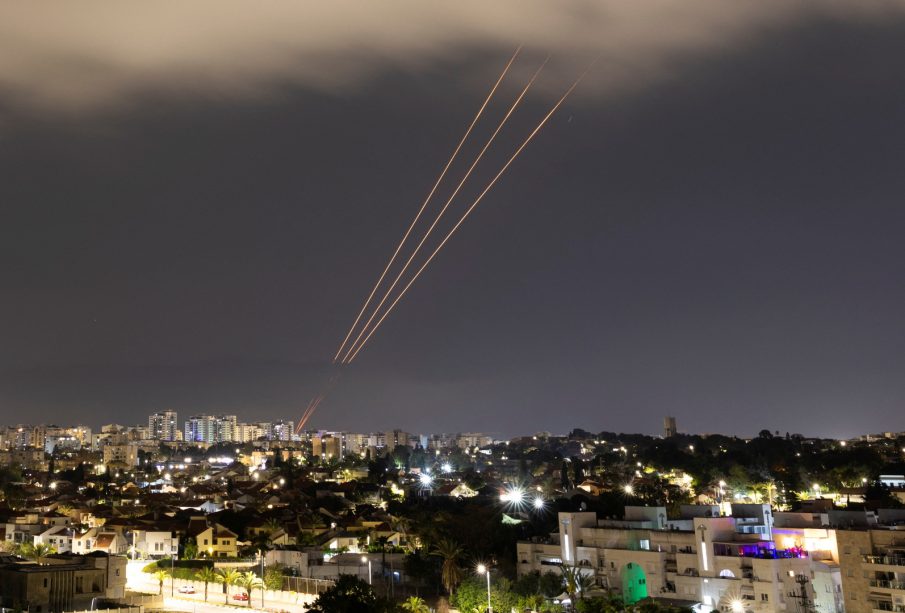Israel and Iran: Rising Tensions in the Middle East

Introduction
The ongoing tension between Israel and Iran remains a critical focus in global politics, as recent developments have intensified concerns over regional security and nuclear proliferation. The two countries have been embroiled in a long-standing conflict fueled by ideological, geopolitical, and military interests. Understanding the dynamics of this rivalry is essential for grasping the broader implications for the Middle East and the international community.
Recent Developments
In 2023, both nations have witnessed a series of escalatory measures that have heightened fears of direct confrontation. In October, reports emerged of Iran continuing its uranium enrichment program, which has drawn sharp condemnation from Israel and its allies. Israel, perceiving a nuclear-armed Iran as an existential threat, has consistently warned against the consequences of Iran’s nuclear ambitions.
Additionally, Iranian officials have been vocal in their support for various militant groups, including Hezbollah in Lebanon and Hamas in Gaza, which have launched provocations against Israel. In response, the Israeli Defense Forces (IDF) have increased military readiness along both northern and southern borders as part of a calculated deterrence strategy.
International Response
The international community’s response to the Israeli-Iranian conflict has been varied, with the United States reaffirming its commitment to Israel while engaging in diplomatic talks with Iran regarding its nuclear program. The Biden administration’s approach attempts to balance regional stability with curtailing Iran’s nuclear capabilities, emphasizing the importance of diplomatic resolutions.
Meanwhile, European nations have expressed concerns over both nations’ military posturing and have been urging for renewed dialogue to de-escalate tensions. Countries like Germany and France have called for Iran to comply with the Joint Comprehensive Plan of Action (JCPOA) in order to mitigate proliferation risks.
Conclusion
The situation between Israel and Iran continues to evolve, with no immediate resolution in sight. As tensions remain high, the potential for miscalculation and conflict increases, warranting close observation. Analysts project that should the current trajectory persist, regional clashes could become more frequent, impacting not only the immediate areas of conflict but also global security dynamics.
In conclusion, the Israel-Iran rivalry encapsulates complex geopolitical challenges that demand careful navigation by the international community. It is imperative for global powers to engage proactively in dialogues that may lead to de-escalation and promote stability in the Middle East.








